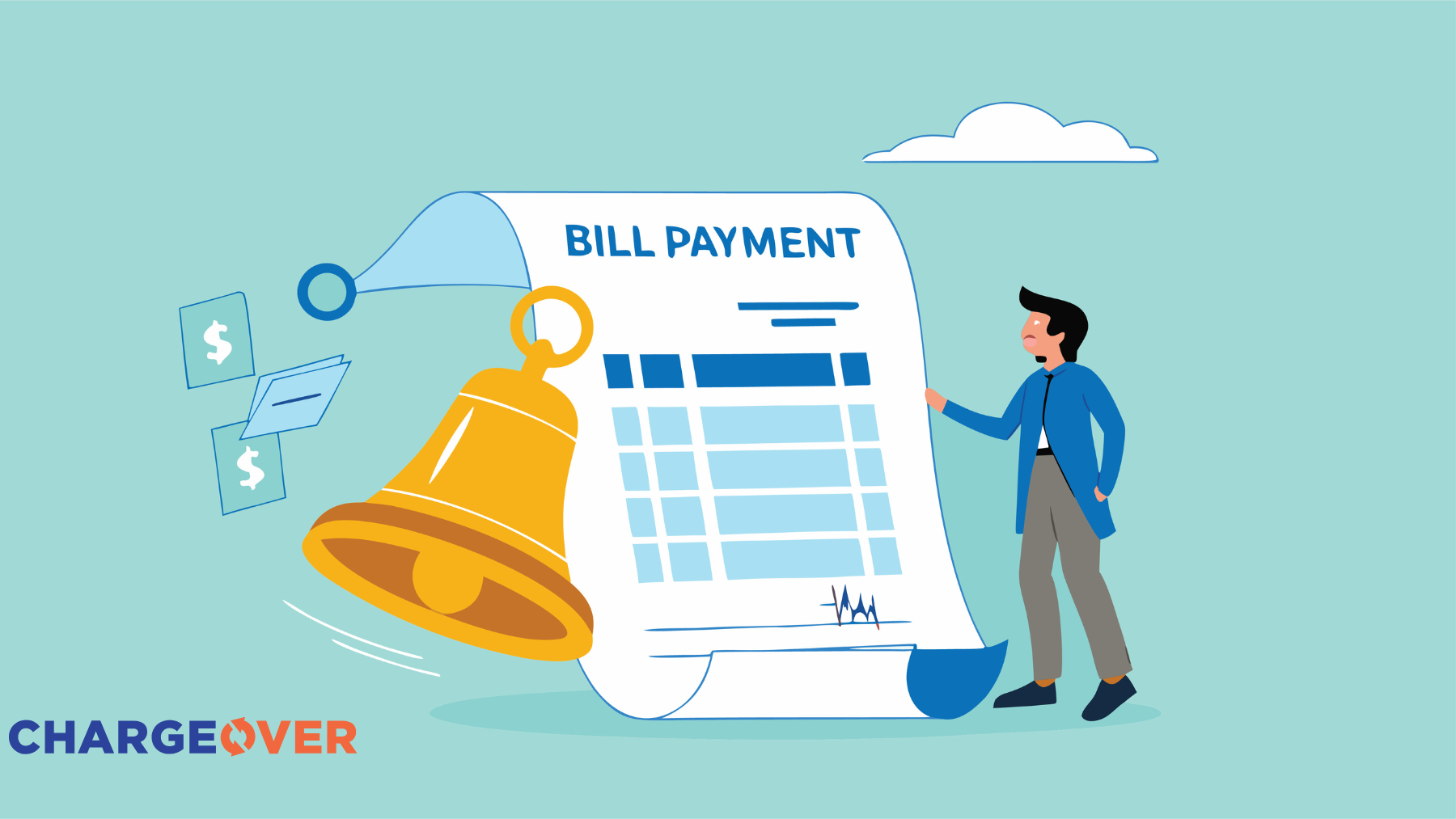For accountants in digital agencies, managing invoicing, payments, and customer interactions can become complex without the right systems in place. As agencies grow, the need for seamless integration between accounting systems and customer relationship management (CRM) platforms becomes more critical. In this article, we will explore how integrating your CRM with your billing platform can reduce errors, save time, and enhance the overall customer experience, while also allowing for scalable growth.
The Importance of Integrating Your CRM and Accounting Systems
Digital agencies often manage numerous clients, projects, and subscription-based services, leading to a large volume of invoices and customer data that need to be handled with precision. When your accounting system and CRM operate in silos, it opens the door to data discrepancies, missed payments, and billing errors, all of which can slow down your business and negatively impact customer relationships. Integrating your CRM with your accounting processes and billing platform is the key to reducing errors. With seamless data flow between these systems, customer information, project details, and payment schedules are synchronized, minimizing the chance of manual data entry errors and ensuring that all billing-related tasks are handled accurately.
Less Errors, More Time Saved, Better Customer Experience
Errors in billing and accounting processes can lead to time-consuming reconciliations, frustration, and strained customer relationships. For digital agencies, where customer retention and satisfaction are critical, the last thing you want is to spend valuable time unraveling billing issues caused by misaligned systems. By integrating your CRM with your billing platform, you reduce errors, which translates to time saved and a better overall experience for both your team and your customers. Automated systems ensure that invoices are generated correctly, client information is always up-to-date, and payment histories are easily accessible. This integration allows accountants to focus on high-level financial analysis rather than repetitive administrative tasks. When customer data, billing cycles, and project information flow freely between your CRM and accounting systems, it becomes easier to provide a seamless customer experience. Whether it's managing recurring billing, handling one-off project invoices, or tracking customer payments, integrated systems ensure that nothing falls through the cracks.
Avoiding Time Spent on Fixing Errors
One of the most significant challenges for accountants in digital agencies is the time spent correcting errors across systems that don’t communicate with each other. When your CRM and accounting software operate separately, even small discrepancies—such as a client’s outdated payment details—can snowball into larger issues that require manual intervention and reconciliation. Avoiding the time spent unraveling errors means your team can focus on scaling and optimizing financial processes rather than fixing mistakes. Integrated systems allow for automatic updates across platforms, so when changes occur—such as a customer updating their billing information or modifying a subscription—those changes are reflected everywhere they need to be. Additionally, automated recurring billing platforms reduce the likelihood of human error by automating tasks like invoice generation, payment reminders, and tracking. By minimizing the need for manual intervention, you ensure greater accuracy and efficiency across the board.
Scaling Faster with Integrated Systems
For digital marketing agencies, scaling is a natural progression. However, as agencies grow, so does the complexity of managing their billing processes. Without the right infrastructure, scaling can be stifled by inefficiencies, billing errors, and disconnected systems that slow down the financial operations of the business. The best way to scale faster is by implementing tightly integrated systems and processes. When your CRM is integrated with your billing platform, you can easily scale your financial operations without overburdening your accounting team. Automated systems handle the heavy lifting of invoicing, payment tracking, and financial reporting, freeing your team to focus on strategic growth initiatives. For instance, with an automated recurring billing software or a subscription billing platform in place, your agency can manage a higher volume of transactions and customer accounts with the same level of accuracy and efficiency. This ensures that as your client base grows, your billing processes remain smooth and error-free.
Conclusion
For accountants in digital agencies, integrating CRM platforms with accounting and billing systems is not just a convenience—it’s a necessity for reducing errors, saving time, and improving the customer experience. Whether your agency is managing recurring invoices, subscription-based services, or one-time projects, seamless integration allows your systems to work together, streamlining your financial operations. By choosing an automated billing platform that integrates with your CRM, you gain the ability to scale faster, maintain control over your processes, and eliminate the time-consuming errors that come with manual data entry. Investing in the right tools today will set your agency up for greater success tomorrow, allowing you to focus on driving value for your clients rather than spending time unraveling data errors.
Transform Your Billing Experience
Your results are just the beginning. Learn how to optimize your billing and scale your success.


